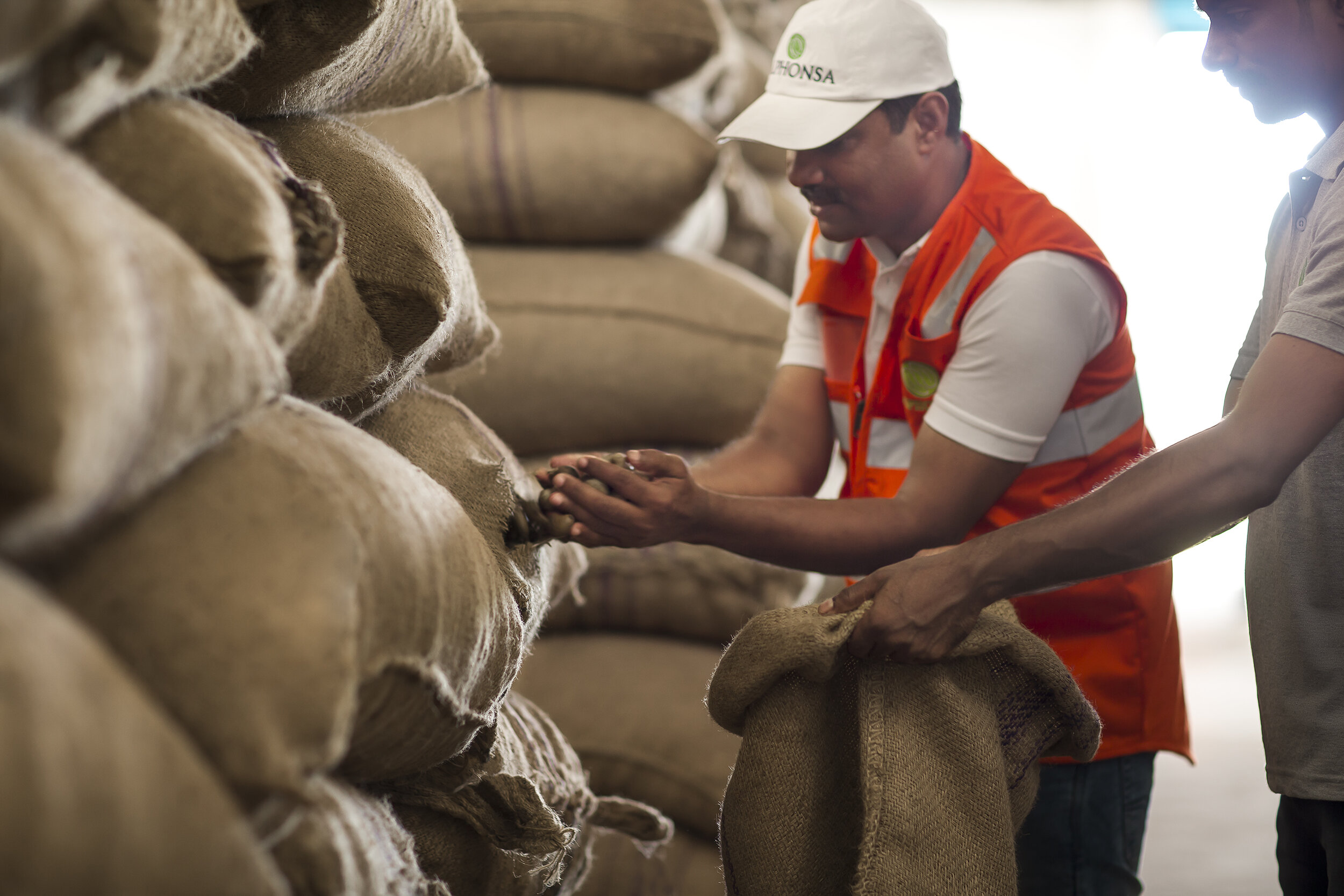SUSTAINABLE FUTURE
HUMAN RIGHTS POLICY
We are strongly committed to respecting the human rights of our entire workforce, communities, and this is affected by our business activity in line with the UN Global Compact’s framework.
We ensure that no employees, suppliers, customers or any other contacts are subjected to discrimination. Discrimination implies a distinction, exclusion or preference for which the underlying reasoning is based on prejudice rather than a legitimate reason, resulting in the suppression of equal opportunity or treatment. Unfounded reasons for discrimination include gender, age, origin, religion, sexual orientation, physical appearance, pregnancy, invalidity and union membership. We are committed to combating all forms of discrimination in recruitment, training and career management.
Our Policy
Maintaining compliance with all applicable legal and regulatory human rights requirements.
Aligning our policies, processes and activities with our strong commitment to respecting human rights.
Promoting awareness of human rights with employees at all levels of management through training and communication.
Engaging with all stakeholders in a transparent and inclusive manner on human rights concerns related to our business activities.
Prohibiting all forms of child labour, forced/trafficked labour, discrimination and harassment.
Prohibiting any contribution to armed conflict or human rights abuses in conflict- affected and high-risk areas.
Certification
Sedex SMETA 4 Pillar (Certification in Progress)
Sedex Members Ethical Trade Audit (SMETA) is one of the most widely used ethical audit formats in the world. The certification encompass all aspects of responsible business practice and provides a globally-recognised to assess Sedex’s four pillars of Labour, Health and Safety, Environment and Business Ethics. The measurement criteria are based on the Ethical Trading Initiative ETI Base Code and is based on both international standards and International Labour Organization (ILO) conventions.
Initiative
Signatory to United Nations Global Compact
Alphonsa Cashew Industries formally joined the United Nations Global Compact in the Food Producers category on 1st October 2018. UN Global Compact is the world’s largest corporate sustainability initiative, with thousands of business participants and other stakeholders from civil society, labour and government based in over 160 countries. UN Global Compact requires participants to internalise the Ten Principles within the company’s strategies, policies and operations, and to advance broader development goals of the United Nations, particularly the Sustainable Development Goals. The Ten Principles of the United Nations Global Compact are derived from: the Universal Declaration of Human Rights, the International Labour Organisation’s Declaration on Fundamental Principles and Rights at Work, the Rio Declaration on Environment and Development, and the United Nations Convention Against Corruption.
Framework
United Nations Universal Declaration on Human Rights
Guiding Principles
UNGC Principle 1
Businesses should support and respect the protection of internationally proclaimed human rights.
UNGC Principle 2
Make sure that they are not complicit in human rights abuses.
Guide
Alphonsa Cashew Industries Code of Conduct
Handbook
Download our Human Rights Policy Handbook
Procurement across 6 origins in West and East Africa.
Our procurement business is deeply rooted in the spirit of cooperation that guides our relationship built on trust and principle of shared success with growers, aggregators, cooperatives and suppliers.








